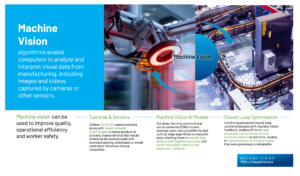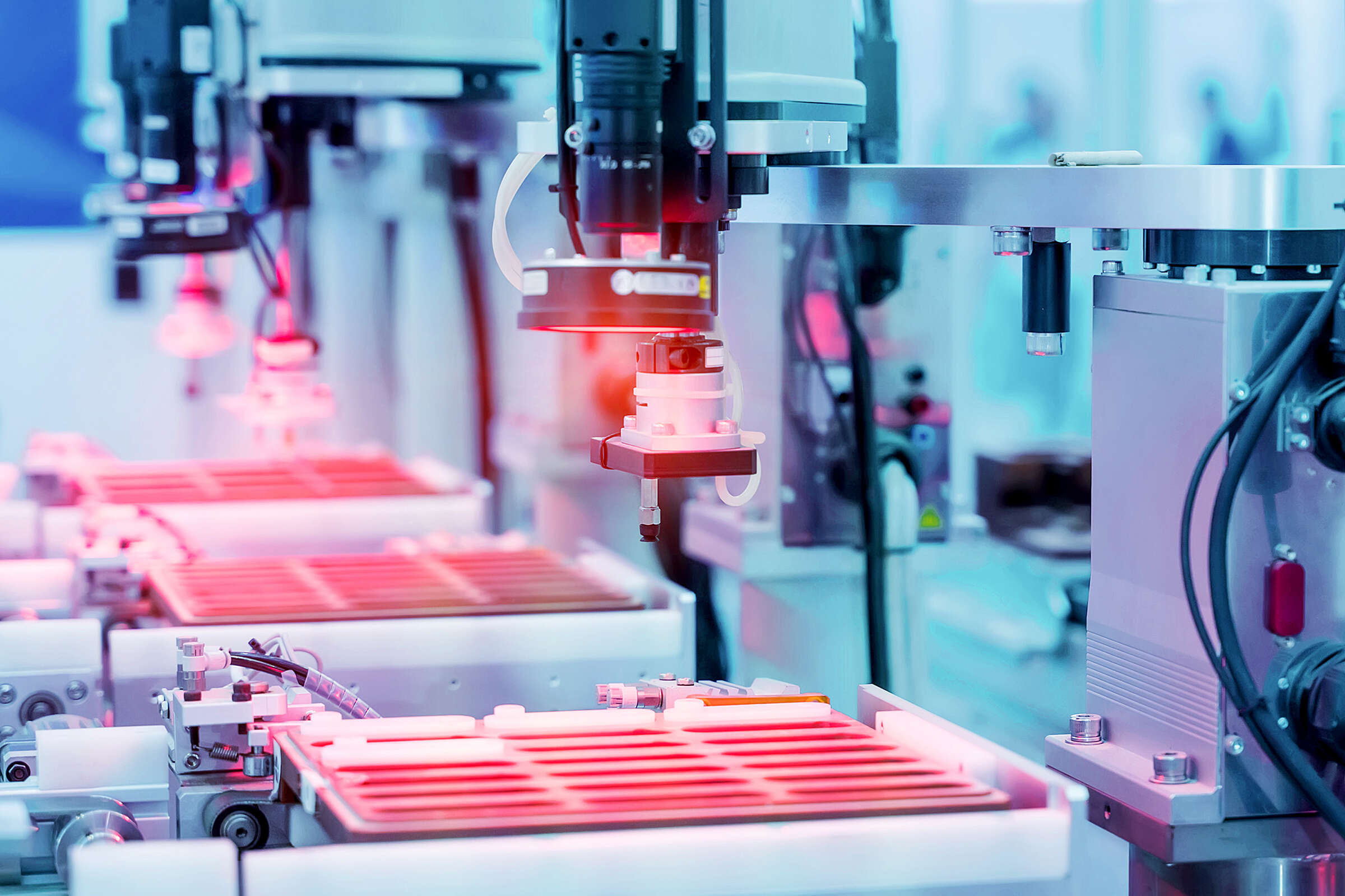Achieving Superior Levels of Product Quality Enabled by Machine Vision AI
The manufacturing industry constantly strives for incremental throughput, right-first-time production and consistent product quality. The latest State of Smart Manufacturing report reveals that improved quality is the top outcome industrial manufacturers hope to achieve from existing smart manufacturing technology. In this blog, Mithun Nagabhairava explains why quality control tops the chart for planned artificial intelligence (AI) use cases in 2024.
Delighting customers is top of mind for all manufacturing companies, and it all starts with ensuring superior levels of product quality. Improving quality is often complex and a huge priority for manufacturers. Technology is rapidly advancing to help this area. From our experience, two specific differentiated capabilities that can help you achieve the most impact are machine vision AI and closed-loop optimization.
For centuries, industrial manufacturers have benefited extensively from the automation of plants. Many are still ramping up significant efforts to further accelerate their automation projects, and technologies such as machine vision are playing a crucial role in the evolution and expansion of industrial automation systems. From in-line quality control to vision-guided robotics, leading manufacturers are accelerating the adoption of machine vision capabilities to minimize workforce challenges, improve product quality and achieve incremental throughput.

- While controllers are the brains, machine vision systems are the eyes of the manufacturing process. Machine vision systems can sense specific product and process characteristics with a variety of imaging hardware and sensing strategies.
- With advancements in technology, you can now train AI models that can visually detect defects with superior accuracy and reliability than manual inspection methods or traditional vision capabilities.
- By leveraging this advanced sensory feedback from machine vision and combining that with the process data to develop advanced control strategies, you can now develop closed-loop optimization capabilities that can take proactive corrective actions to minimize and prevent defects in the first place. This is arguably the greatest value to manufacturers.
From our experience, manufacturers from various industries including consumer packaged goods (CPG), food and beverage, auto and tire and medical devices can leverage these capabilities to achieve improved yields, incremental throughput and superior levels of product quality that were previously unattainable.

